Real estate developers increase sales on lower interest rates
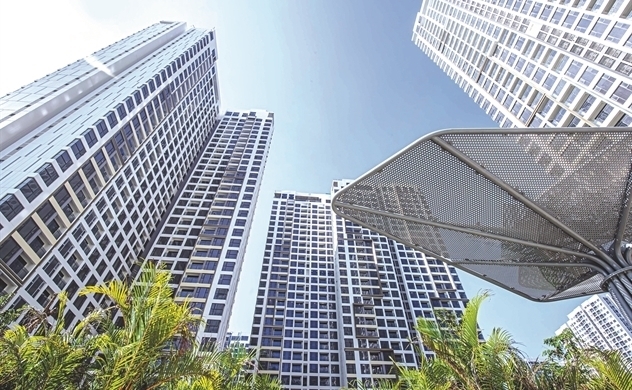
Slow and flexible payment policies help buyers with real needs increase their chances of owning a home. Photo: Masteri
Home loan interest rates are currently at 8–10% per year, according to surveys by banks. Despite being "at rock bottom," borrowers are not satisfied with the current rates. However, the lower rates have stabilized customer psychology, indicating the market has entered the recovery phase.
Exciting year-end sales
The Vietnam real estate market experienced a surge in transactions in Q3, with nearly 6,000 transactions recorded, primarily involving apartments and condos at reasonable prices, indicating positive capital flows and significant market development efforts by the Prime Minister.
Investors are leveraging the opportunity to sell numerous projects in Ho Chi Minh City, Dong Nai, Binh Duong, and Long An, leveraging the flexible sales policy and attractive promotions to stimulate investment and purchasing power.
The Glory Heights project in Thu Duc offers a 70% loan with 0% interest within 24 months. Masteri Center Point requires a 20% deposit and an 80% loan with 0% interest until April 2025. Akari City offers 5%/year support within 18 months, with payment delay. Elysian project offers 30% payment in the first 2 years.
Slow and flexible payment policies boost home ownership chances for real-need buyers and investment buyers. As large-scale projects launch sales campaigns in Q4 2023, investors benefit from sales pressure and decreased lending interest rates. Businesses aim to open for sale during this time, while commercial banks' decreased interest rates help recover purchasing power.
CBRE Vietnam's Managing Director, Duong Thuy Dung, predicts improved cash flow in the fourth quarter of each year due to maturities, potentially influencing home buying decisions, with some projects showing absorption rates of 80-90%.
Continuing recovery trend
In Vietnam, in the context of rising land prices, investors have chosen to focus on developing high-end real estate products. This situation has persisted and created an imbalance between supply and demand, leading to a scarcity of affordable housing products. When the speculative cash flow is disrupted, the market falls into a liquidity crisis.
Investors are adjusting payment policies and promotions to meet buyer needs, despite not being able to adjust selling prices. Global real estate's total value by 2022 is $380,000 billion, with the housing segment growing strongly due to low interest rates. Vietnam's new policies aim to help the market recover, focusing on real demand rather than hot growth. The State Bank controls credit risks, particularly in high-risk real estate segments like speculation and speculative business.
Cushman & Wakefield reports a 291% and 116% increase in supply and sales in Ho Chi Minh City and Hanoi, respectively, driven by large-scale projects and attractive sales policies.
The real estate market is expected to continue its recovery in the fourth quarter due to increased investor confidence. Transactions in real estate segments will increase, with suburban real estate following.
Luxury apartments will remain the leading supply in Ho Chi Minh City, while class B and C apartments will lead in neighboring provinces. The market's price level and secondary liquidity may recover due to reduced interest rates and peak season buying behavior.

 TIẾNG VIỆT
TIẾNG VIỆT 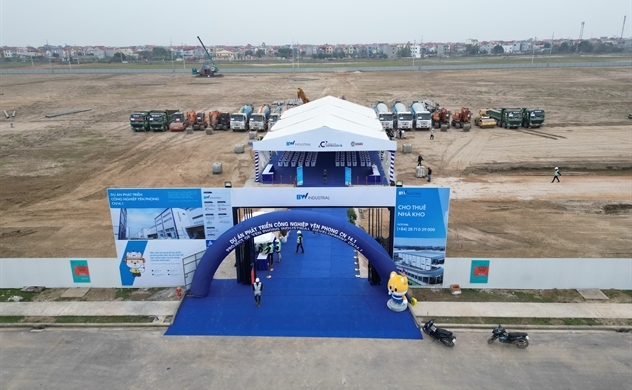
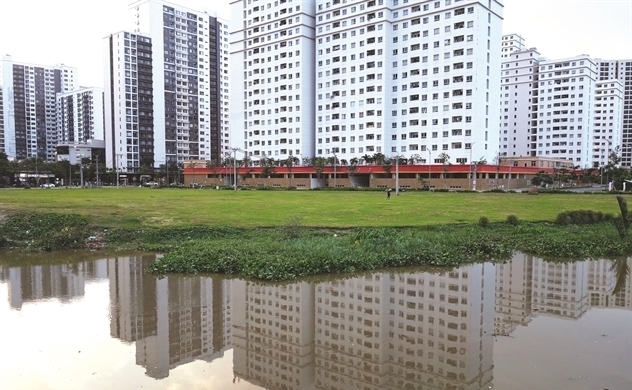

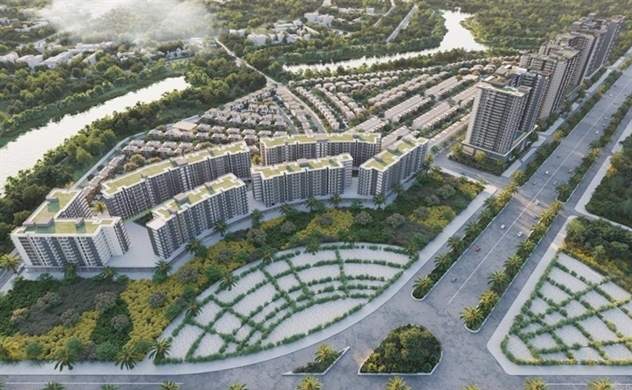
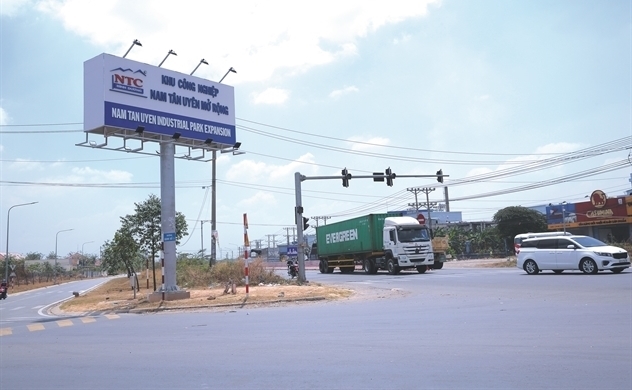
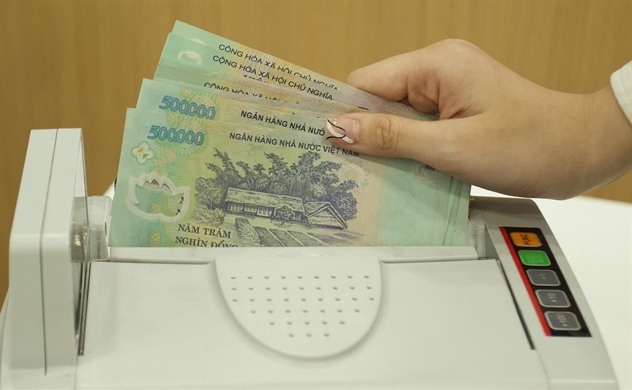
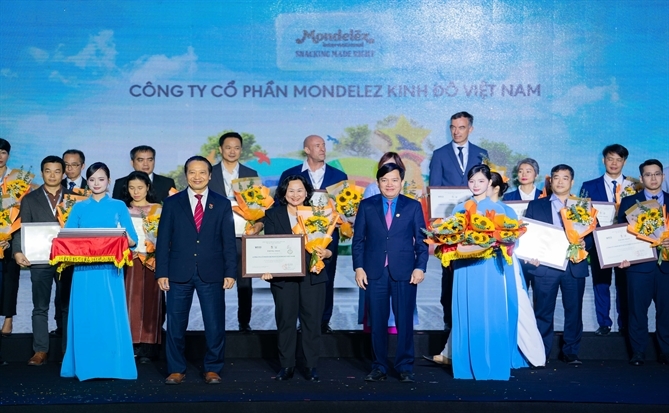

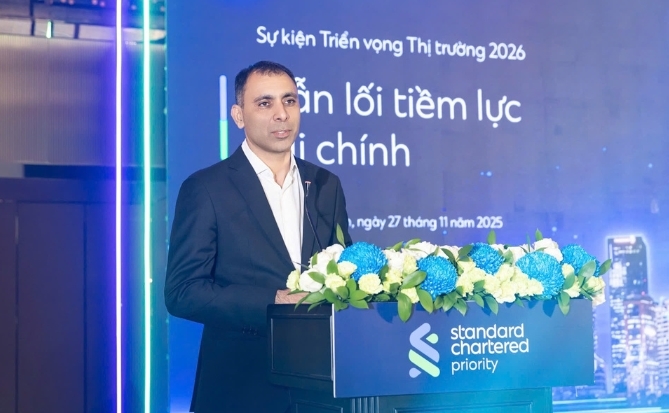

_131447820.png)







